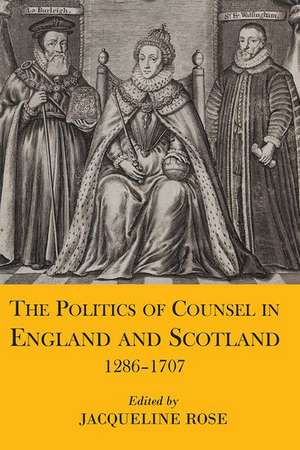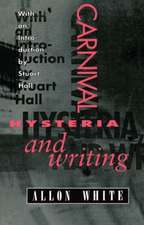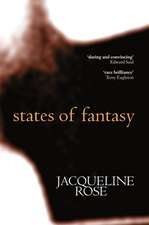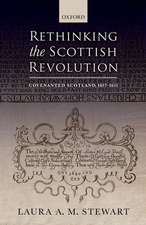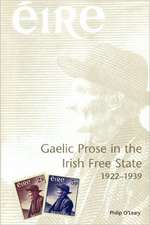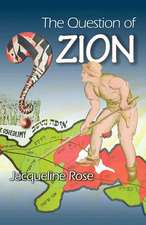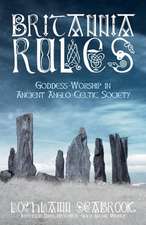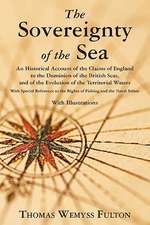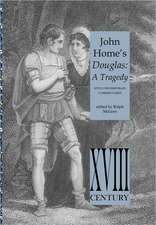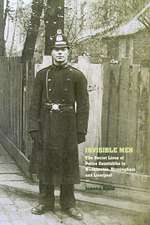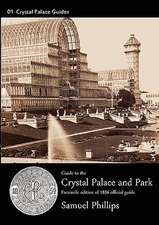The Politics of Counsel in England and Scotland, 1286-1707: Proceedings of the British Academy, cartea 204
Editat de Jacqueline Roseen Limba Engleză Hardback – dec 2016
Din seria Proceedings of the British Academy
- 27%
 Preț: 439.44 lei
Preț: 439.44 lei - 27%
 Preț: 407.48 lei
Preț: 407.48 lei - 27%
 Preț: 469.34 lei
Preț: 469.34 lei - 30%
 Preț: 542.12 lei
Preț: 542.12 lei - 30%
 Preț: 513.24 lei
Preț: 513.24 lei - 27%
 Preț: 469.79 lei
Preț: 469.79 lei - 30%
 Preț: 572.06 lei
Preț: 572.06 lei - 27%
 Preț: 504.81 lei
Preț: 504.81 lei - 30%
 Preț: 544.03 lei
Preț: 544.03 lei - 19%
 Preț: 595.29 lei
Preț: 595.29 lei - 30%
 Preț: 575.55 lei
Preț: 575.55 lei - 30%
 Preț: 512.91 lei
Preț: 512.91 lei - 27%
 Preț: 410.03 lei
Preț: 410.03 lei - 30%
 Preț: 605.79 lei
Preț: 605.79 lei - 18%
 Preț: 322.02 lei
Preț: 322.02 lei - 23%
 Preț: 708.40 lei
Preț: 708.40 lei - 30%
 Preț: 543.54 lei
Preț: 543.54 lei - 28%
 Preț: 474.81 lei
Preț: 474.81 lei - 27%
 Preț: 439.09 lei
Preț: 439.09 lei - 27%
 Preț: 440.88 lei
Preț: 440.88 lei - 30%
 Preț: 669.90 lei
Preț: 669.90 lei - 18%
 Preț: 358.14 lei
Preț: 358.14 lei - 27%
 Preț: 505.46 lei
Preț: 505.46 lei - 30%
 Preț: 579.59 lei
Preț: 579.59 lei - 30%
 Preț: 579.61 lei
Preț: 579.61 lei - 27%
 Preț: 353.12 lei
Preț: 353.12 lei - 27%
 Preț: 443.84 lei
Preț: 443.84 lei - 30%
 Preț: 549.02 lei
Preț: 549.02 lei - 27%
 Preț: 347.97 lei
Preț: 347.97 lei - 29%
 Preț: 676.05 lei
Preț: 676.05 lei - 27%
 Preț: 506.02 lei
Preț: 506.02 lei - 30%
 Preț: 515.70 lei
Preț: 515.70 lei - 27%
 Preț: 473.43 lei
Preț: 473.43 lei - 29%
 Preț: 519.42 lei
Preț: 519.42 lei - 27%
 Preț: 441.48 lei
Preț: 441.48 lei - 27%
 Preț: 411.02 lei
Preț: 411.02 lei - 30%
 Preț: 605.86 lei
Preț: 605.86 lei - 30%
 Preț: 518.05 lei
Preț: 518.05 lei - 27%
 Preț: 378.43 lei
Preț: 378.43 lei - 27%
 Preț: 442.86 lei
Preț: 442.86 lei - 30%
 Preț: 546.71 lei
Preț: 546.71 lei -
 Preț: 378.56 lei
Preț: 378.56 lei - 27%
 Preț: 379.58 lei
Preț: 379.58 lei - 27%
 Preț: 441.72 lei
Preț: 441.72 lei - 27%
 Preț: 441.89 lei
Preț: 441.89 lei - 27%
 Preț: 442.08 lei
Preț: 442.08 lei - 18%
 Preț: 357.22 lei
Preț: 357.22 lei - 27%
 Preț: 407.16 lei
Preț: 407.16 lei - 27%
 Preț: 472.12 lei
Preț: 472.12 lei
Preț: 440.88 lei
Preț vechi: 605.96 lei
-27% Nou
Puncte Express: 661
Preț estimativ în valută:
84.36€ • 88.08$ • 69.82£
84.36€ • 88.08$ • 69.82£
Carte disponibilă
Livrare economică 03-10 martie
Preluare comenzi: 021 569.72.76
Specificații
ISBN-13: 9780197266038
ISBN-10: 0197266037
Pagini: 350
Ilustrații: 1 frontispiece (b&w)
Dimensiuni: 168 x 242 x 25 mm
Greutate: 0.69 kg
Editura: OUP OXFORD
Colecția OUP Oxford
Seria Proceedings of the British Academy
Locul publicării:Oxford, United Kingdom
ISBN-10: 0197266037
Pagini: 350
Ilustrații: 1 frontispiece (b&w)
Dimensiuni: 168 x 242 x 25 mm
Greutate: 0.69 kg
Editura: OUP OXFORD
Colecția OUP Oxford
Seria Proceedings of the British Academy
Locul publicării:Oxford, United Kingdom
Recenzii
The book has been well planned, with thirteen substantive chapters and a very long and valuable introduction. There is extensive cross-referencing, and evidence of discussion among contributors at the workshops that preceded the book. This book thus gives political historians much to ponder. It is particularly thought-provoking to see counsel placed, as it often is here, in a broader context.
this is a superbly-edited collection that makes an excellent addition to the scholarship on counsel in medieval and early modern England and Scotland
a valuable selection of work on the interlinking thoughts on, and mediums of, counsel that breaks several conceptual and chronological boundaries and one that should form an indispensable resource for those interested in the theories, practices and problems of authority in medieval and early modern Britain.
This book thus gives political historians much to ponder. It is particularly thought-provoking to see counsel placed, as it often is here, in a broader context.
this is a superbly-edited collection that makes an excellent addition to the scholarship on counsel in medieval and early modern England and Scotland
a valuable selection of work on the interlinking thoughts on, and mediums of, counsel that breaks several conceptual and chronological boundaries and one that should form an indispensable resource for those interested in the theories, practices and problems of authority in medieval and early modern Britain.
This book thus gives political historians much to ponder. It is particularly thought-provoking to see counsel placed, as it often is here, in a broader context.
